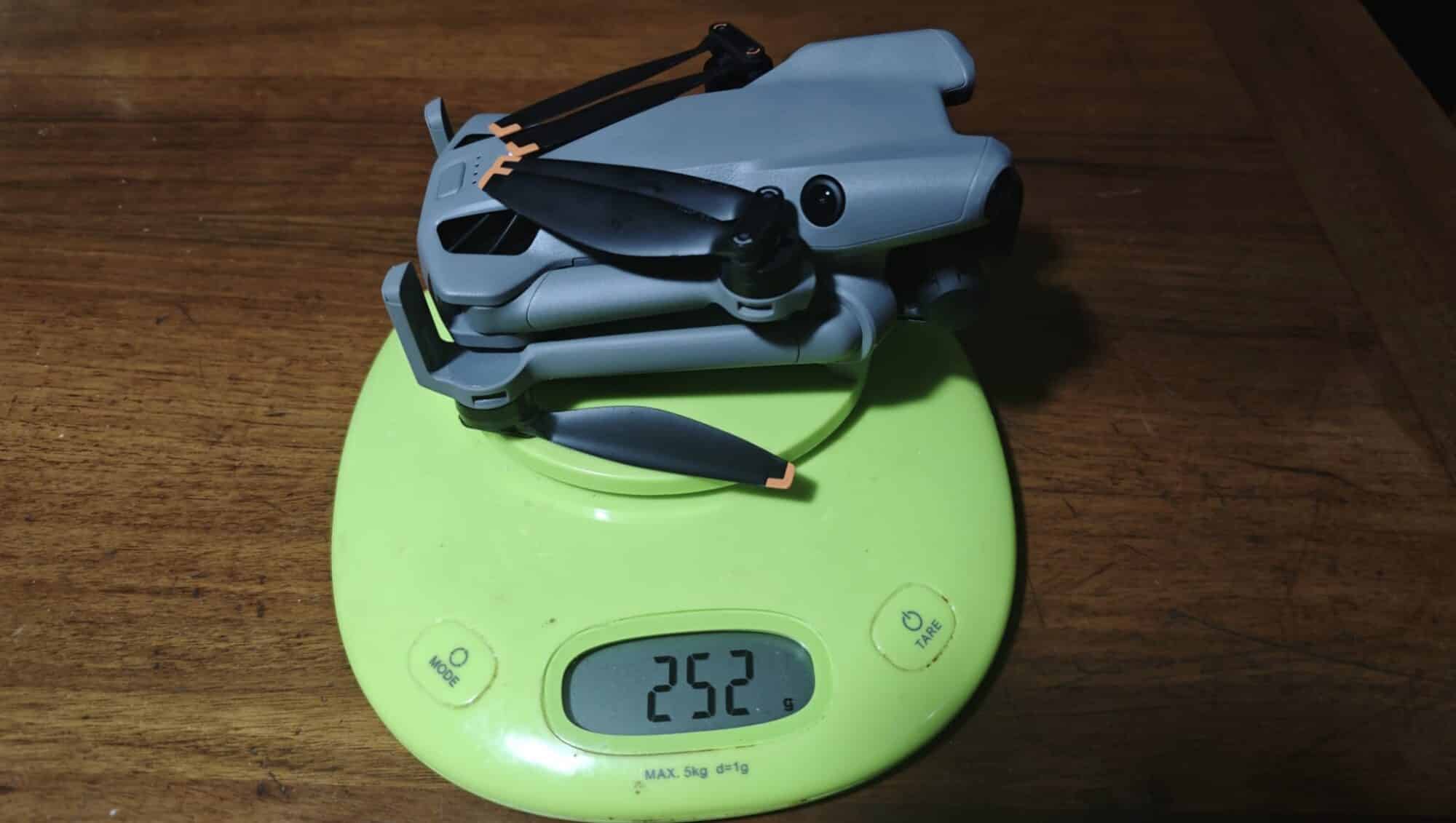If there is an incident report and the FAA finds the recreational pilot is flying an unregistered drone over 250g, this will trigger all kinds of violations since you won't qualify for the recreational exception and you will be subject to part 107. So right away, you will be flying without a part 107 certification, another violation would be flying without a proper registration, flying without transmitting RID, etc etc.Unofficial word from someone at the FAA is:
It's illegal to fly a drone over 250g and over without registering and broadcasting but the FAA won't be chasing violators if they're over a few grams unless it contributes to an incident report.
I understand the sarcasm but that's been my point all along, should you find yourself as part of [insert incident here], you could be screwed. It's like driving a car with all kinds of illegal parts and modifications under the hood, you're perfectly fine until you get pulled over. Although unlikely the FAA will pull you over, way more likely someone else gets you involved.
Rather than having the FAA says it's illegal to fly a drone over 250g without registration and broadcasting, I'd rather for them to include the +/- similar to what the EU is saying and not what I'm hearing the UK is planning.













